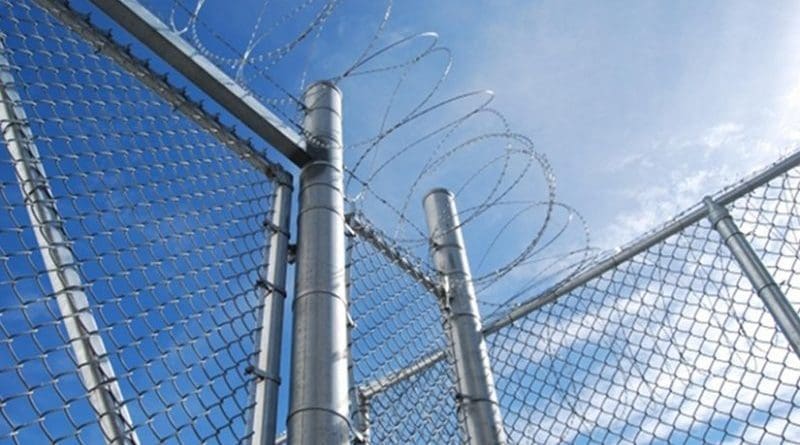Magnitsky’s Jailor Now Member Of Russian Penal Monitoring Group – OpEd
By Paul Goble
In yet another disturbing development, one that recalls the idea of putting the fox in charge of guarding the chicken coop, the Russian body established in the 1990s to allow the public to monitor prisons has dropped human rights activists and installed instead Dmitry Komnov, boss of the Butyrka prison when Sergey Magnitsky died in custody.
Komnov was removed from that position when it became obvious that Magnitsky had succumbed because the Russian authorities had not provided him the medical care he needed. The former jailor figures on the US Magnitsky List. But now he is making a comeback in Putin’s Moscow (meduza.io/feature/2016/10/23/vmesto-pravozaschitnikov-byvshiy-nachalnik-butyrki).
Not only is this a display of contempt by the Kremlin for Russia’s already hard-pressed human rights community and a guarantee that conditions in Russia’s penal institutions will become even worse, but it is a slap at the United States and other Western countries who have called attention to the Magnitsky case as a measure of official malfeasance in Russia today.
The Russian prison monitoring body has the right “to visit places of forced incarceration, to speak with prisoners, to take part in the discussion about moving convicts. [It] also considers appeals about the violation of human rights [in Russian prisons and camps] and can appeal to organs of power, social organizations and the media.”
Despite restrictions, it has achieved a great deal. But one can only imagine the role it will play without the human rights activists who had been on this body and with the presence of the notorious former jailor in their stead.
Russian human rights activists are already calling this development the destruction of penal oversight. Valery Borshchev, the author of the law on public supervision of the penal system, told “Novaya gazeta” that Komnov’s appointment was part of “a special operation for the destruction of public supervision” of Russia’s penal system (novayagazeta.ru/articles/2016/10/22/70270-smotryaschie-ot-onk).
Eva Merkacheva, a commentator for “Moskovsky komsomolets,” posted on her Facebook page that as a result of this decision, “there will be bodies, there will be tortures, there will be much grief and tears” because there won’t be any “real defense of human rights.” She expressed the hope that Komnov’s election would be revisited (facebook.com/photo.php?fbid=1361546417222851&set=a.405558146155021.99755.100001025171767&type=3&theater).
And Anna Karetnikova, a longtime human rights activist, asked on her Facebook account whether this constituted a declaration of war by the regime against prisoners. “Who took this decision? Who benefits?” She called on journalists to focus on this because “now everything depends only on you” (acebook.com/akaretnikova/posts/1151815054894319).

